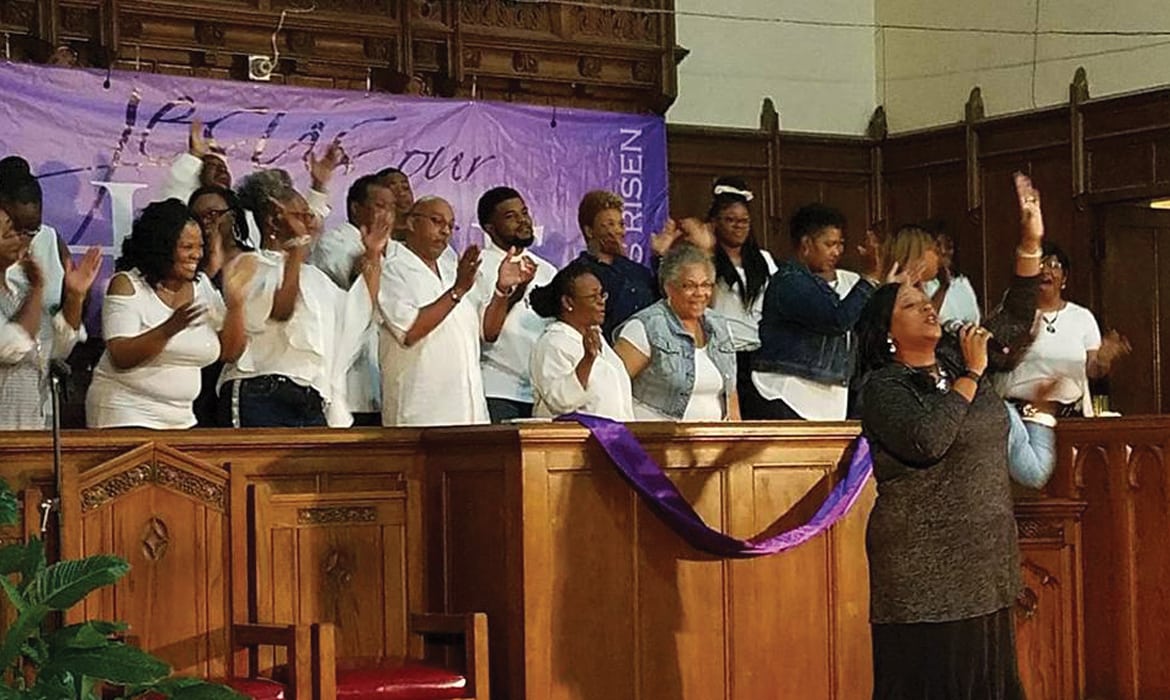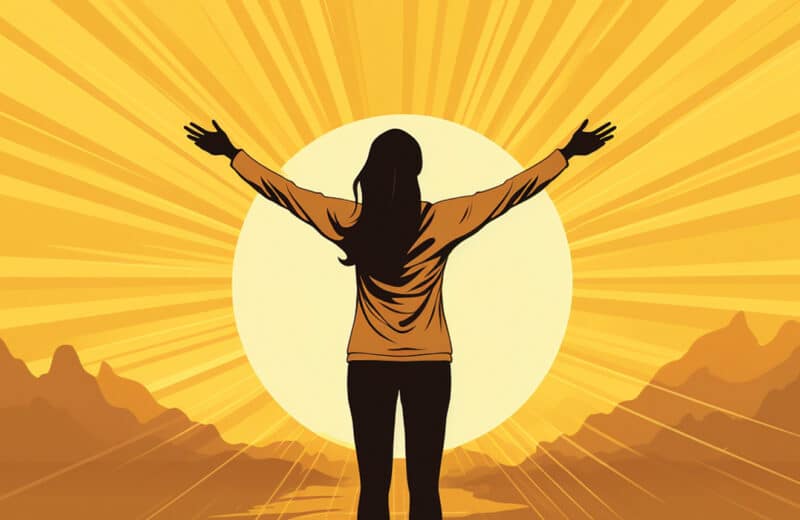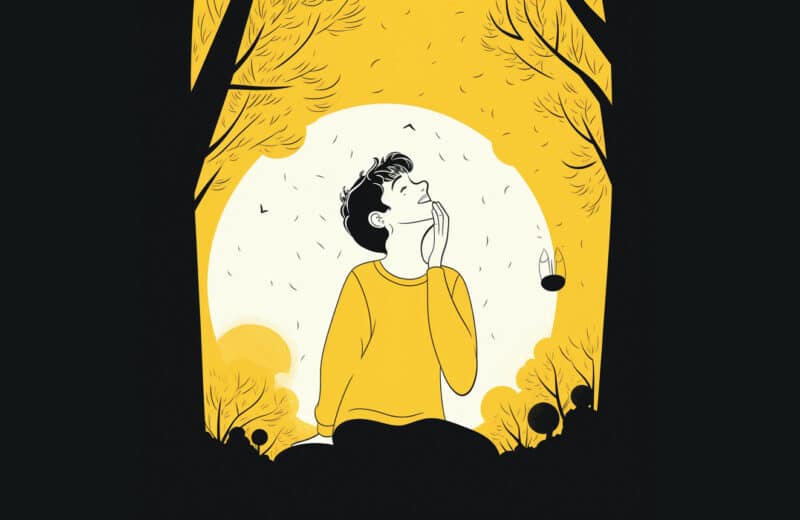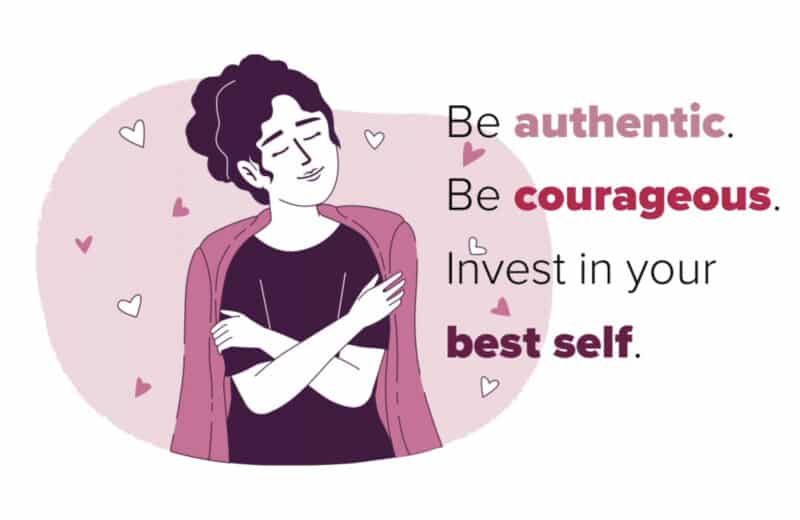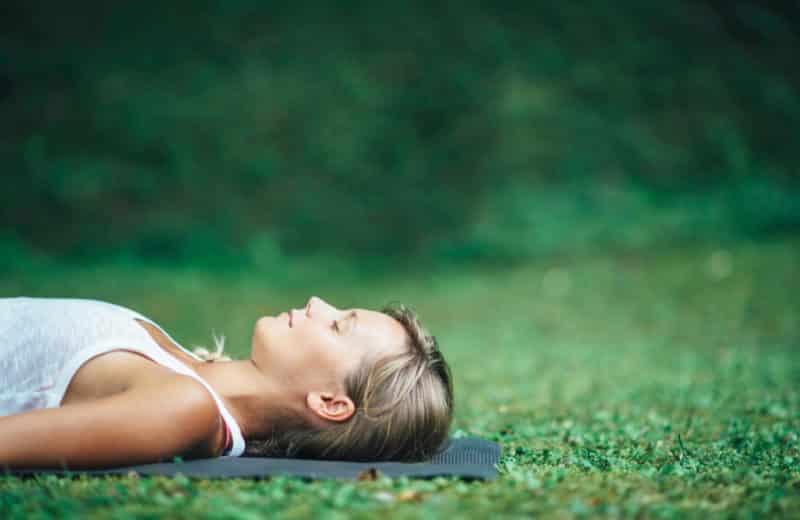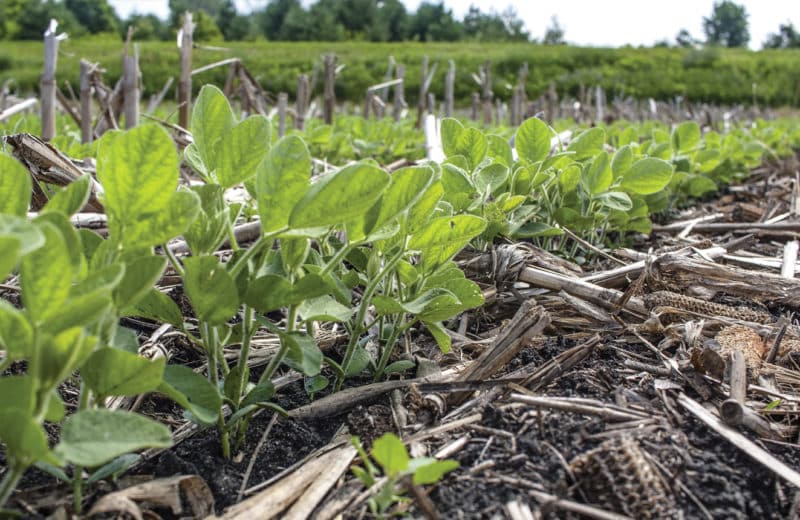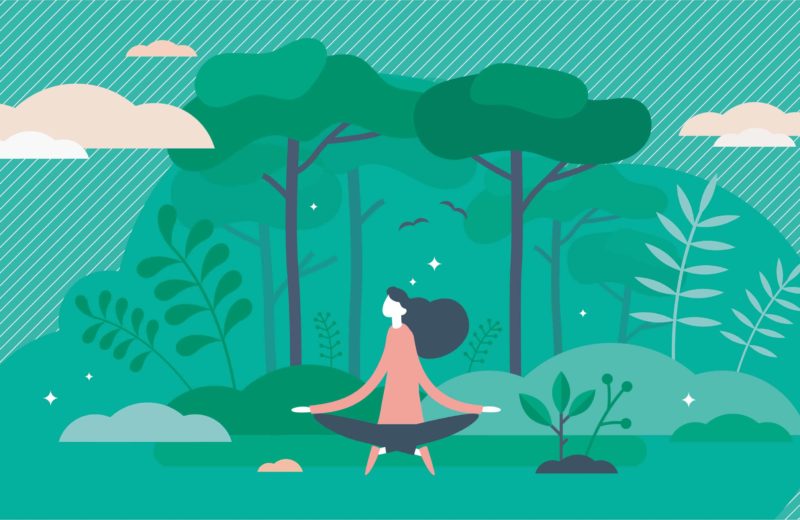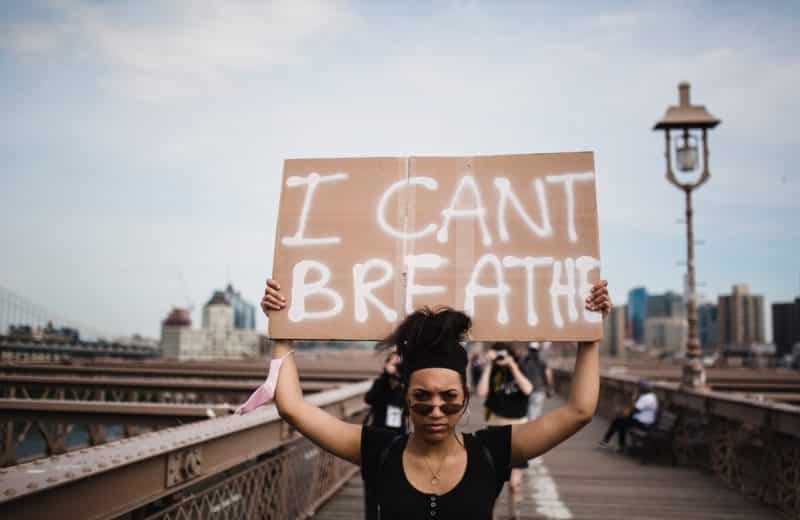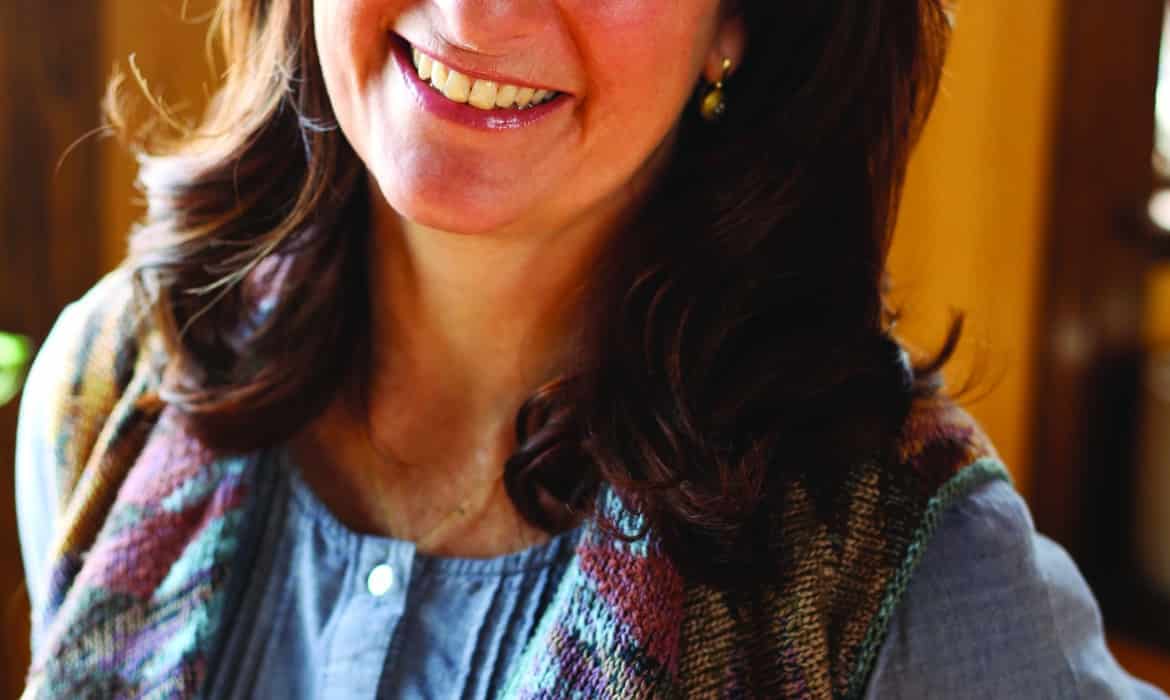
Health is about you and about us — the community — and it’s about expression. Let me explain.
Trauma
In 2016, Rochelle Sykes’ 12-year-old nephew was burned alive in a dumpster on Chicago’s West Side. Rochelle and her family were torn apart as they grieved, trying to make sense out of the inconceivable.
Coping mechanism — distraction
Rochelle cared for everyone in her family, except herself. She took on everyone else’s problems. “I was weighed down. It was affecting my faith, my health,” Rochelle says.
Pivot point — community
Rochelle’s pastor at New Mount Pilgrim Missionary Baptist Church in West Garfield Park saw Rochelle’s downward spiral and invited her to participate in West Side Alive’s spiritual care trainings. Rochelle said yes to her pastor’s invitation and, most importantly, YES to herself.
West Side Alive is a partnership between Rush University Medical Center and seven African-American churches on Chicago’s West Side — in Austin, North Lawndale and East and West Garfield Park — to create health equity (the fair and just opportunity to be as healthy as possible). There’s up to a 15-year discrepancy in life expectancy between people who live in these neighborhoods and those in the Loop, says Elizabeth Lynch, PhD, associate professor of preventive medicine at Rush University Medical Center and co-director of West Side Alive with Steve Epting, senior pastor of Hope Community Church in Austin.
“There are three defining components to West Side Alive,” Elizabeth says. “The focus is on African-Americans, it is in the community rather than the clinic and it is faith-based.”
There’s so much to tell about West Side Alive. Regarding health mastery, let’s look at what is emerging from this program that can elevate our health outcomes.
Pivot point — self
Rochelle’s program takeaway: “Take care of yourself because there is only one you!”
“There is no way to relieve the burdens of the world,” Rochelle says. “Even though I believe in God and that God handles all, I took on other people’s problems. This pressure on you is what causes your blood pressure to go [up], your weight and stress to go up,” she explains. “I can’t help others if I don’t care for myself.”
Rochelle also learned that taking medications on time and consistently is imperative, as is asking for help when she needs it and eating a healthy diet.
Pastor Steve adds that we need to seek out one another: “Jesus says, ‘How can you say you love me and you don’t love your neighbor whom you see every day?’ This is what I believe faith is, and it helps with our health. I see so many lonely people. It’s not that people aren’t around. It’s that they have chosen lifestyles that exclude others.”
The unexpected
West Side Alive health screenings are leading Rush researchers to wonder how faith and church impact mental health. Initial findings suggest that frequent church attendance may help reduce the long-term damage to mental health that results from experiencing traumatic events.
Elizabeth thinks the “whole-hearted stuff” may help churchgoers process trauma. She is referring to the jubilance, joy, dancing and singing during a Sunday morning service.
“It’s not a cerebral experience. It’s an embodied experience. It’s very physical. Everyone holds hands as part of the service.” For Elizabeth, “It is like going on vacation where I’m in a different mental space. My brain gets realigned.”
To Pastor Steve, prayer is an opportunity to discuss or lay out what’s on your heart. Worship is an opportunity to process what we’re going through.
And to Rochelle, “You are sitting in the sanctuary, listening to gospel music, God is around you and others are praying for what you are praying for. It’s like the world is being pulled off you. It gives you strength to go from one Sunday to the next.”
Is there a correlation between the depths from which we are willing to surrender ourselves in expression, faith and community and our ability to cope with the stressors in our lives? Let’s see.
Take the lid off contained, constricted, neutral expression.
Be ecstatic expression. Be boundless support for yourself and your community.
And, as Rochelle suggests, “Live! Enjoy life to the legally fullest.”

